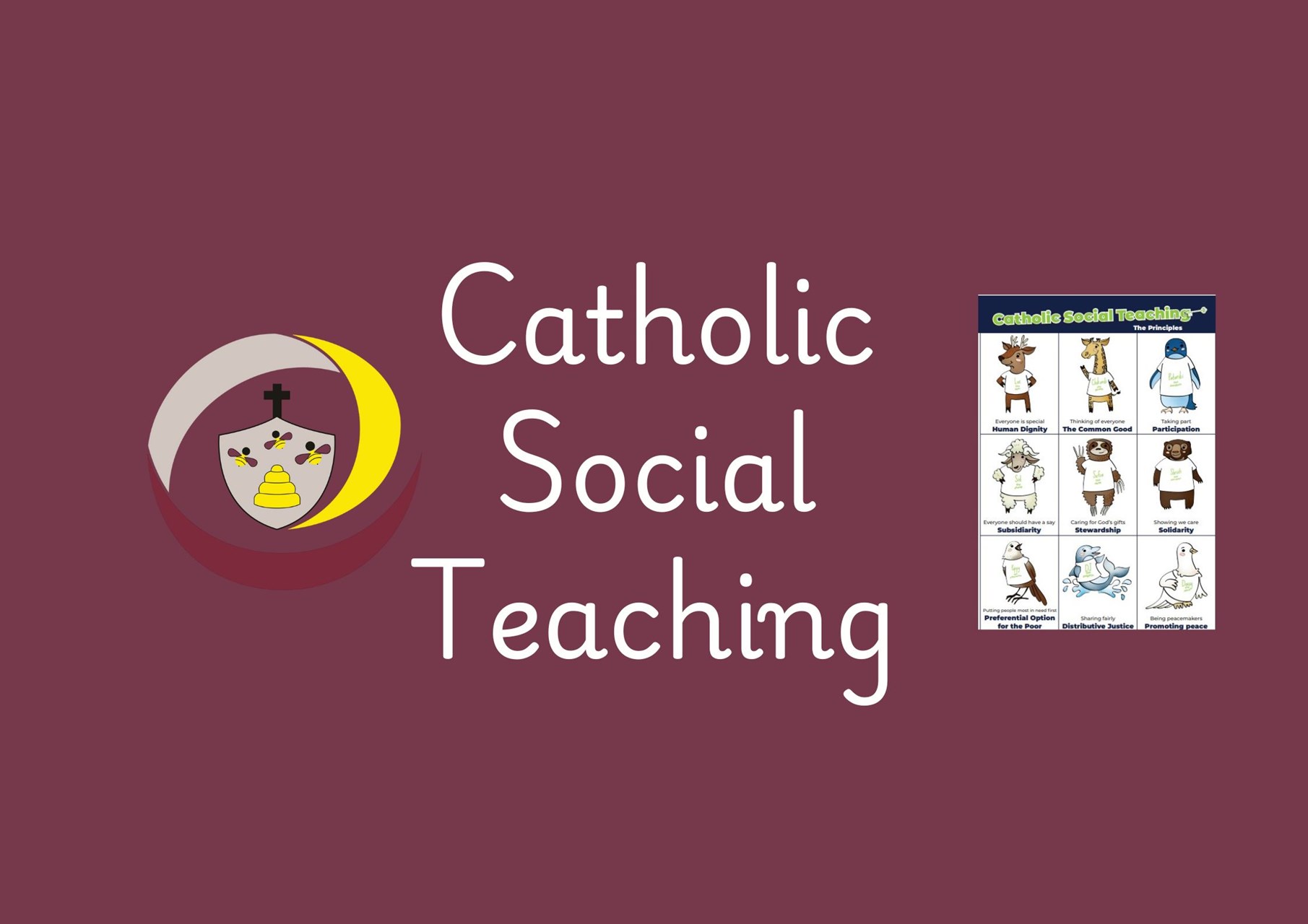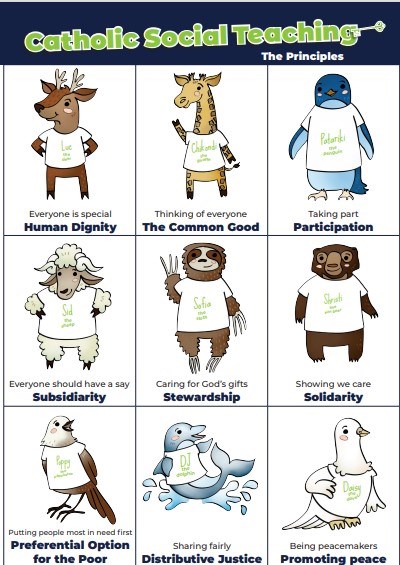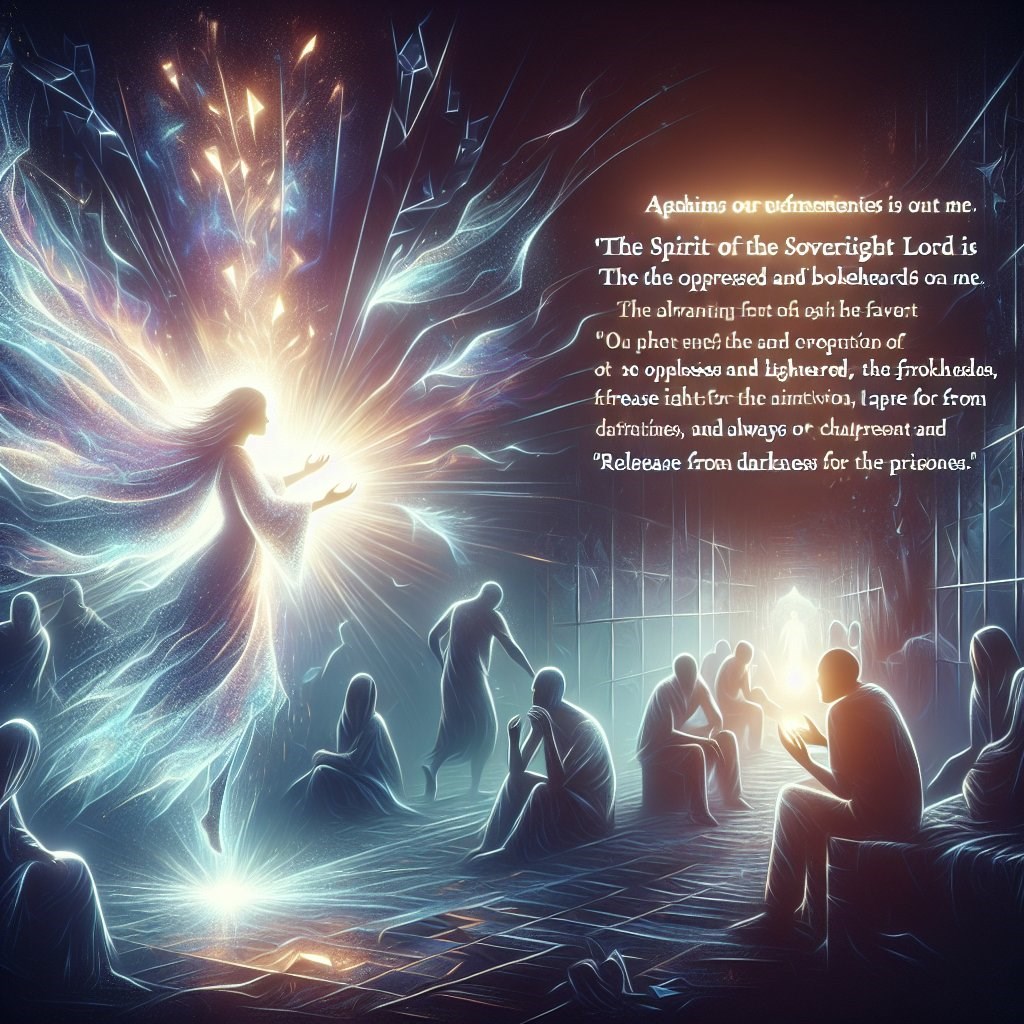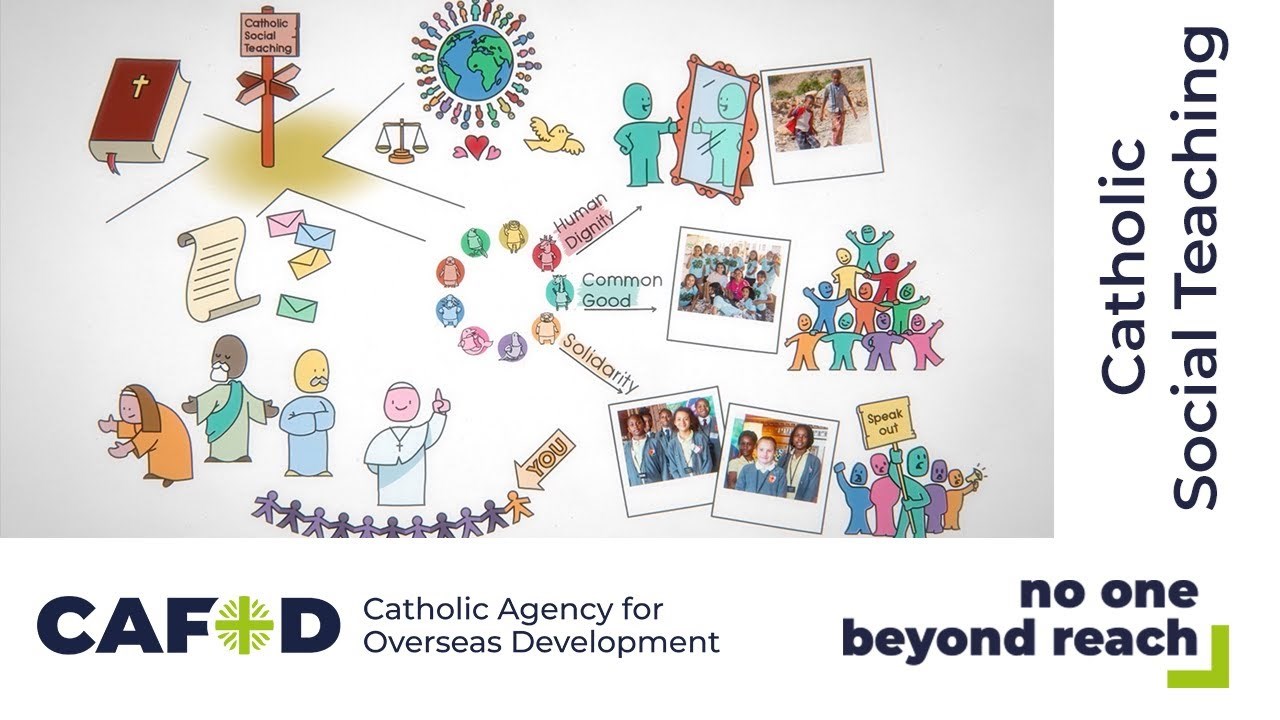
Catholic Social Teaching at St Ambrose
Saint Ambrose provides many opportunities for both our children and staff to develop knowledge and understanding of the principles of Catholic Social Teaching, and to action that commitment through good works and words that show we live our faith in our community as a force for good.
As a Catholic School we believe that God has a plan for creation, a plan that still exists in our modern world. Our belief in God must not be limited merely to the ‘spiritual’ world or what we do at Mass on a Sunday, but must permeate all aspects of our lives as responsible global citizens.
We teach the children about the dignity of the human person, how we are called to live as family and community, about rights and responsibilities, that we are called to stewardship, our responsibility for the poor and vulnerable, about the dignity and rights of workers and about solidarity and the promotion of peace. We do this through RE lessons, assemblies, prayer and liturgy, outside visitors (CAFOD, Father Hudson's and SVP), through drama, debate and first-hand experience. As a result, our children feel that they are making a difference to the world by having an impact on Social Justice.
The 7 Principles of Catholic Social Teaching
We use the CAFOD resources to support the teaching and learning of Catholic Social Teaching.

“The Spirit of the Lord is upon me, because he has anointed me
to bring glad tidings to the poor.
He has sent me to proclaim liberty to captives and recovery of sight to the blind,
to let the oppressed go free”
Isaiah 61:1

Curriculum
Catholic School Pupil Profile
The Catholic School Pupil Profile qualities such as being compassionate, generous, loving, and active—reflect the principles of Catholic Social Teaching by encouraging pupils to live out Gospel values in their daily lives. CST calls us to uphold human dignity, care for the poor and vulnerable, and work for the common good. When children strive to be faith-filled, attentive, and intentional, they are learning to respect others, make thoughtful choices, and act with justice and kindness. These virtues guide pupils to see every person as created in the image of God and to respond with empathy and fairness in all situations.
Qualities like being eloquent, discerning, and prophetic empower pupils to speak out for what is right and challenge injustice, echoing CST themes such as solidarity and stewardship of creation. By being grateful and hopeful, children learn to appreciate God’s gifts and care for the world responsibly, promoting sustainability and peace. The Pupil Profile is not just a set of words it is a lived expression of Catholic Social Teaching, shaping pupils into individuals who act with integrity, serve others selflessly, and contribute positively to society. In this way, our school ensures that faith and action go hand in hand, preparing children to be true witnesses of Christ in an ever-changing world.

What our children say about Catholic Social Teaching

"We learn to share and be kind because Jesus wants us to help each other."
"We look after our friends and make sure everyone feels happy and safe."
"We know it’s important to care for people who don’t have as much as us."
"We talk about fairness and how everyone should be treated the same."
"We learn that looking after the world is part of loving God’s creation."
"We think about how our choices can help others, like giving to charity or using less plastic."
"Catholic Social Teaching helps us understand justice and how we can make the world a better place for everyone."